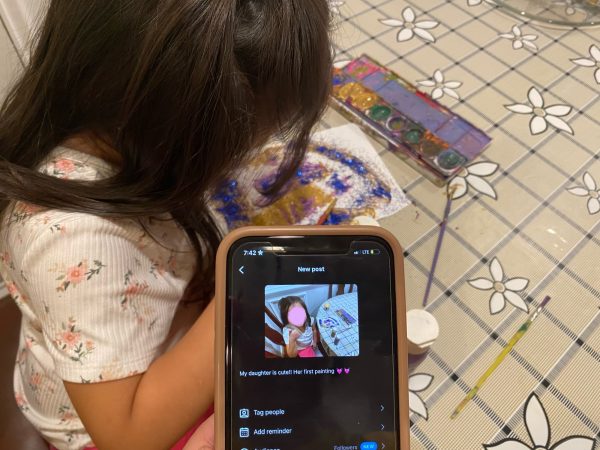10 Hours, No Problem
Procrastination and bad scheduling choices are the real causes behind sleep deprivation
Whether you’re an early bird, a night owl, or a permanently-exhausted pigeon, sleep is vital to your health and overall well-being.
When you’re scrambling to meet the demands of a busy schedule, either because you’re an IB candidate, student-athlete or a high school student, cutting back on sleep may seem like the only answer.
In your time of need, sacrificing an hour or two of much-needed rest in order to get more done can sound like a reasonable trade-off. But this is anything but correct.
According to the National Sleep Foundation, it is recommended for a normal teenager to receive at least eight to ten hours of sleep every night to function the next day.
It has been engraved in our brains since elementary school: sleep is important. However, very few of us make it a priority to get a minimum of eight hours daily.
According to the National Sleep Foundation, teens tend to have irregular sleep patterns across the week, typically staying up late and sleeping in late on the weekends.
It is important to assess the reasons or rather the causes of why you fall in the “sleep deprived group”. Most would blame it on their heavy course load, sports, or other extracurricular activities.
Nevertheless, they are not the only factors that play into the quantity and quality of your sleep. Your lifestyle and your commitment to be successful in school play an important role in your sleeping schedule as well.
Procrastination can be a student’s worst enemy. We all know the feeling.
Staring at the blank Word document for the essay due next week, yet not exactly hitting the 1,000-word count just yet. Saying to yourself, “I have more time, I’ll do it tomorrow.”
Then before you know it, the due date is around the corner and the word count remains at zero.
“I always end up doing my work at the last minute right before it’s due,” sophomore and student-athlete Sam Phan said.
The Webster dictionary defines procrastination as the act “to put off intentionally the doing of something that should be done.”
Instead of diving into our work right after it is assigned, we put it off to the side to complete at a later time period.
In doing so, creating more work for ourselves for the next following days.
This would then later cause us to pull all-nighters on a daily to catch up and to not fall behind.
“I rarely get any sleep in when I procrastinate,” Phan said.
Time management is the key to success. Get rid of temptation and don’t mix work with play. The same principle applies to your laptop.
Concentration must be maintained. Watching Netflix while completing assignments or checking Snapchat or Instagram, are all examples of a long list that can take you from the “work” state of mind. Because once it’s broken, it will be broken for the next hour or two.
In addition to procrastination, our decisions can also play a role in our sleeping habits.
The day your counselors come into your English classroom to choose the next school year’s schedule is the day you make a mental contract with yourself.
You chose the classes, you have to do the work.
If you chose to take an extra Honors or IB course, already knowing you have a full plate of extracurriculars, it is your responsibility to keep up with the workload.
If teens naturally need more sleep, one solution oftentimes mentioned is to have school later. However, this would only cause the students to push their bedtimes later as well.
A teenager’s natural sleep cycle is always going to be a conflict because we choose to let it be. We always need an alarm clock or our parents to wake us up on school days. We are like zombies in the morning, barely functioning from being sleep deprived.
Sleeping in class? It is all your fault. It is time to take responsibility for our actions that put us in these circumstances in the first place.
Stressing over school is normal, but stressing about not getting enough rest is a problem.
As long as you have the right time management skills and make the right decisions, eight to ten hours every night should be nothing to fuss over.

Senior Casey Nguyen is in her fourth year on The A-Blast as the Managing Editor. She was previously an In-Depth Editor. She is also the current treasurer...






